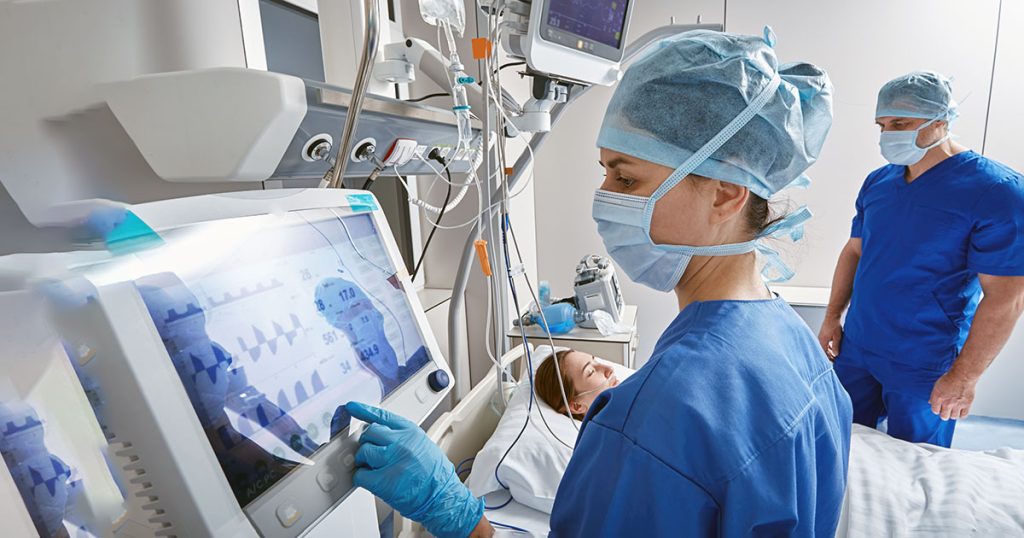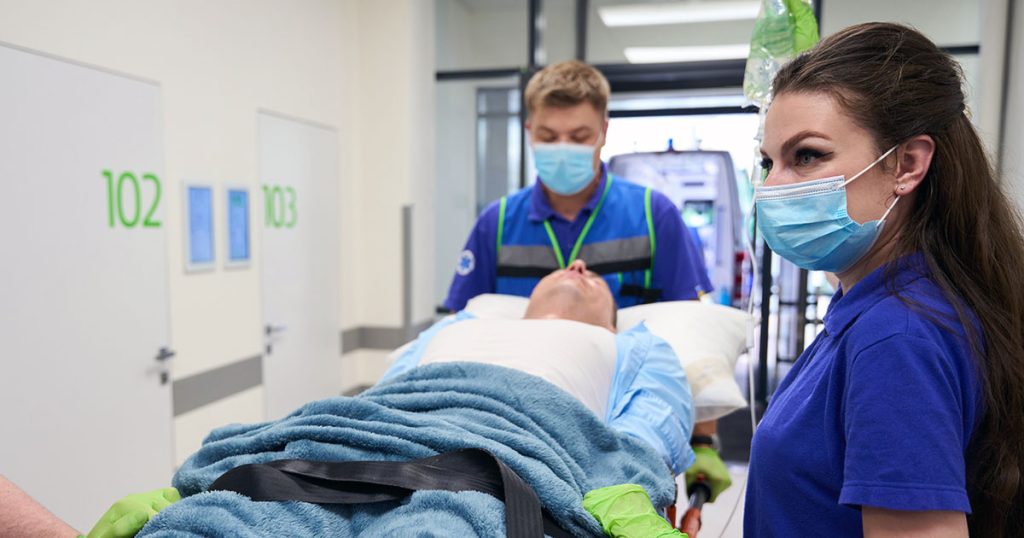Excel in the emergency department with a short postgraduate course for Australian ED nurses.

Overview
A Graduate Certificate in Emergency Nursing strengthens your skills and knowledge for the challenges of this field. It improves your ability to make sound clinical decisions, communicate effectively, and coordinate team efforts under pressure. The course also focuses on providing compassionate care to patients in distress. You'll learn the latest practices, preparing you to handle varied medical emergencies.
The program is part-time and online, ideal for nurses working full-time in acute care settings. You tackle one subject at a time, allowing the completion of all four subjects in just 8 months of part-time study, usually without exams.
With this qualification, you will be well-positioned for advanced roles and higher pay. You may qualify for positions such as Senior Registered Nurse, Clinical Nurse Specialist, and Clinical Nurse Consultant. Additionally, graduates are eligible for a qualifications allowance, generally exceeding $3k per year.
About this Course
Open to registered nurses, a Graduate Certificate in Emergency Nursing is intended for nurses with some experience in the ED and who may already consider themselves an emergency nurse. The course provides specialised training in this field, extending your capabilities beyond what you learned from your general nursing degree and on the job.
Key takeaways
- Aimed at RNs working in acute care.
- Advanced postgraduate qualification.
- Four subjects, extendable to a 12-subject masters.
- Eligible for Qualification Allowance payments.
- Focuses on clinical assessment and processes.
A Graduate Certificate in Nursing is a highly rated postgraduate qualification. It is positioned at Level 8 in the Australian Qualifications Framework – above a bachelor's degree (Level 7) and just below a master's degree (Level 9). All states and territories in Australia recognise the certificate, with graduates receiving a Qualification Allowance averaging more than $3k per year.
An emergency care specialisation means the course focuses on topics such as acute patient management, advanced clinical decision-making, and urgent care techniques. It also ensures a balance between ED-specific content and the development of general clinical skills. Continued study can lead to a Master of Emergency Nursing.
Examples: Deakin University, Flinders University, Griffith University
Critical Care Nursing (Emergency) Specialisation

ED nurses often choose to major in critical care nursing (with an emergency focus), receiving extra training in areas such as life support and pathophysiology. This pathway can boost your career prospects. It develops skills for managing critical situations in ICUs and trauma units and opens up job opportunities in settings like cardiac care, neurology units, and paediatric emergency wards.
How Do I Become an Emergency Nurse?

To become an emergency nurse in Australia, you first need to be a registered nurse and gain experience in an acute care setting. Postgraduate qualifications are essential for career progression.
- Work in emergency departments to develop critical care skills.
- Undertake specialised emergency care training.
- Complete advanced studies in a relevant healthcare discipline.
- Seek specialised and senior roles based on experience and education.
These steps can lead to advanced nursing roles, including positions such as Clinical Nurse Specialist, Clinical Nurse Consultant, or Nurse Unit Manager.